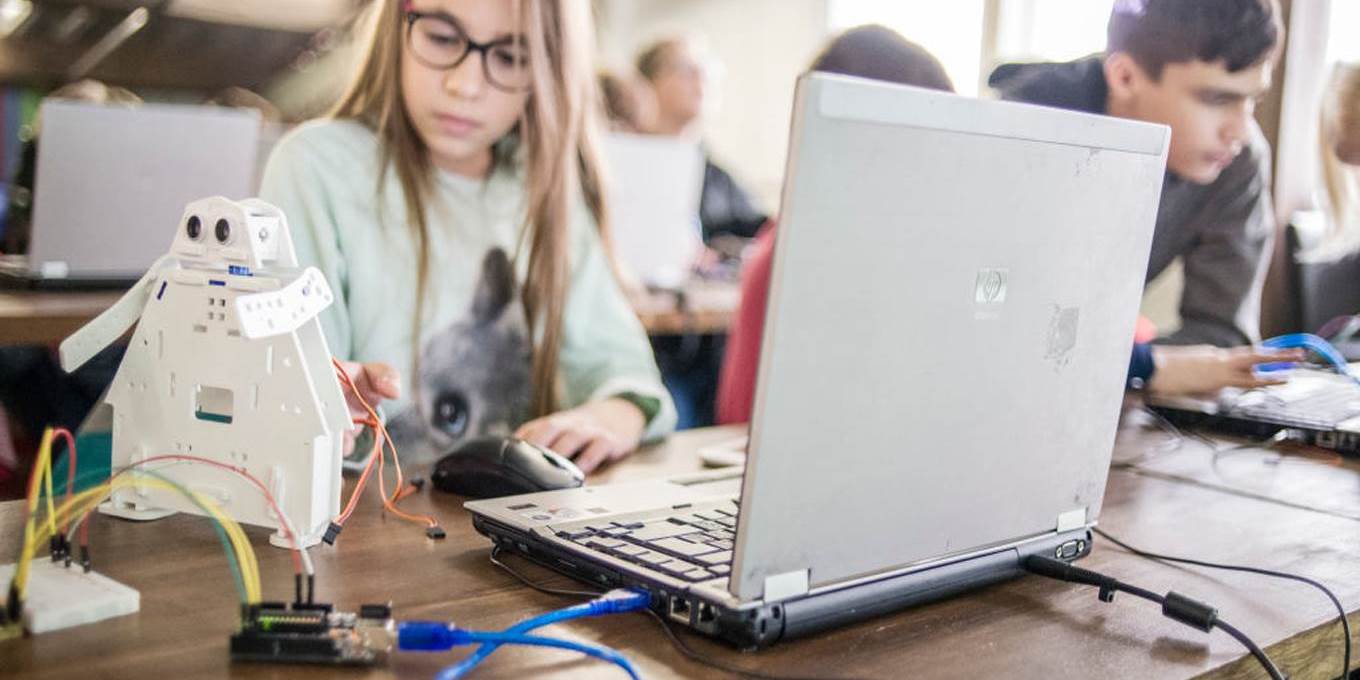To provide the best experiences, we use technologies like cookies to store and/or access device information. Consenting to these technologies will allow us to process data such as browsing behavior or unique IDs on this site. Not consenting or withdrawing consent, may adversely affect certain features and functions. https://equity-ed.net/cookies-policy/
The technical storage or access is strictly necessary for the legitimate purpose of enabling the use of a specific service explicitly requested by the subscriber or user, or for the sole purpose of carrying out the transmission of a communication over an electronic communications network.
The technical storage or access is necessary for the legitimate purpose of storing preferences that are not requested by the subscriber or user.
The technical storage or access that is used exclusively for statistical purposes.
The technical storage or access that is used exclusively for anonymous statistical purposes. Without a subpoena, voluntary compliance on the part of your Internet Service Provider, or additional records from a third party, information stored or retrieved for this purpose alone cannot usually be used to identify you.
The technical storage or access is required to create user profiles to send advertising, or to track the user on a website or across several websites for similar marketing purposes.







SEOUL – As digital technologies and automation have advanced, fears about workers’ futures have increased. But, the end result does not have to be negative. The key is education.
Already, robots are taking over a growing number of routine and repetitive tasks, putting workers in some sectors under serious pressure. In South Korea, which has the world’s highest density of industrial robots – 631 per 10,000 workers – manufacturing employment is declining, and youth unemployment is high. In the United States, the increased use of robots has…